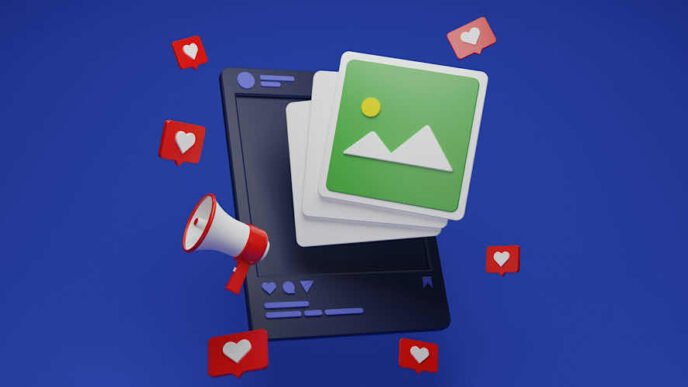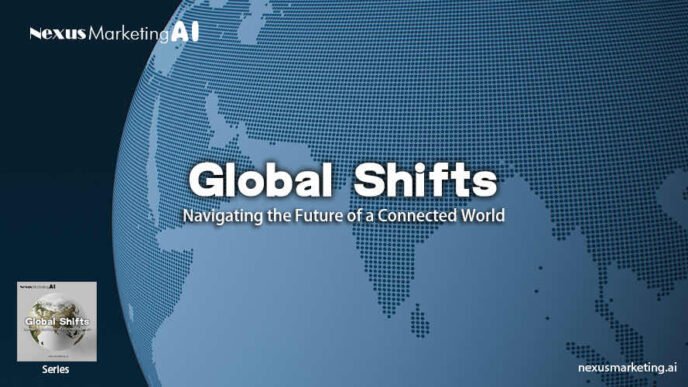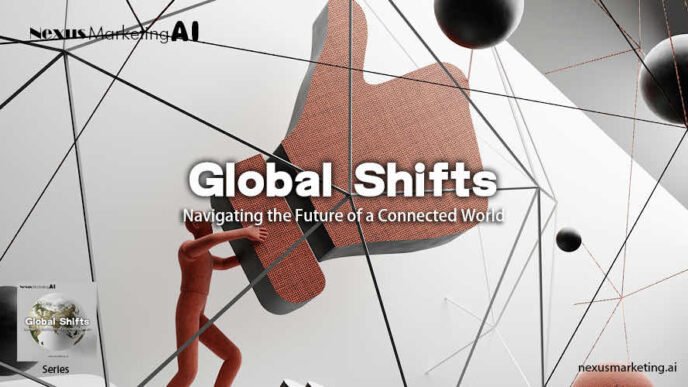Discover how AI in marketing is transforming strategies, driving innovation, and shaping the future of business growth.
Table of Contents

Prefer to listen? Enjoy the audio version of this article
Curated audio version | Audio powered by AI
AI (Artificial Intelligence) is revolutionizing the marketing landscape, reshaping strategies for success. As technology advances, the integration of AI in marketing strategies is becoming increasingly prevalent. Marketers today are urged to adopt AI tools and marketing automation to remain competitive in the ever-evolving market.
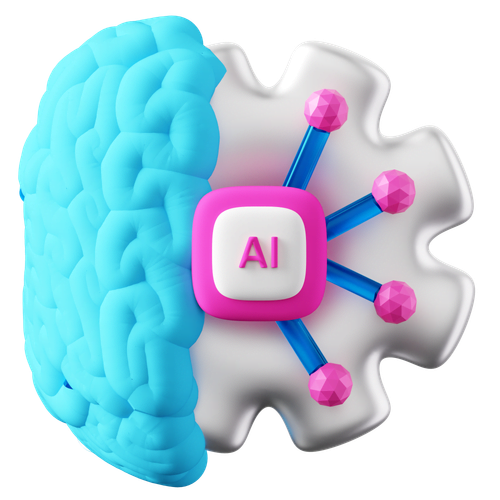
Understanding AI in Marketing?
In marketing, artificial intelligence refers to the use of algorithms and machine learning to analyze data, predict trends, and automate tasks. This growing relevance of AI in marketing signifies a shift towards more data-driven and personalized approaches to effectively engage with consumers.
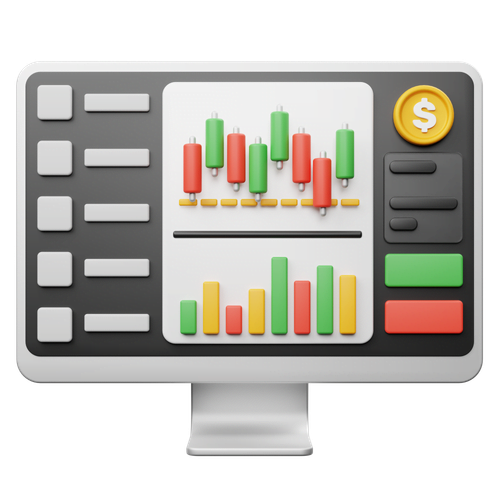
The Evolution of Marketing with AI
Marketing has transformed from traditional methods to digital platforms, with AI playing a pivotal role in this transition. AI enables marketers to gather insights from vast amounts of data, personalize customer experiences, and optimize campaigns for better results through automation.
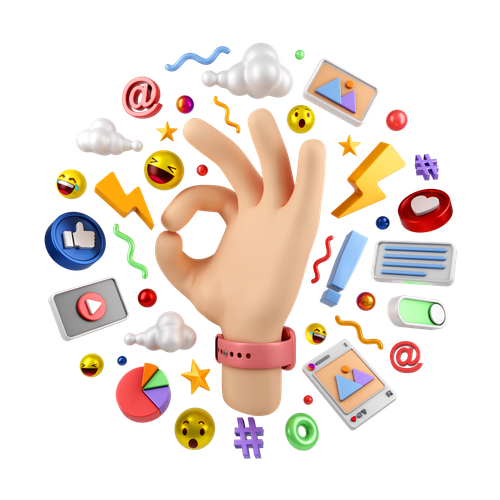
The Rise of AI in Marketing
The marketing landscape has undergone significant transformations over the years, with each technological advancement paving the way for new strategies. Today, AI is emerging as one of the most transformative forces, revolutionizing the way businesses connect with consumers.
These technologies allow marketers to process vast amounts of data, make predictions, and automate repetitive tasks—giving them the ability to craft personalized, data-driven strategies with unprecedented accuracy and speed.
According to recent statistics, over 80% of industry leaders are already incorporating AI tools into their marketing processes, and that number is expected to increase in the coming years.
Why AI is a Game Changer in Marketing

AI provides a competitive edge in various areas such as personalization in marketing, customer behavior insights, predictive analytics, and automation.
- Personalization in Marketing: AI allows marketers to create highly personalized experiences for customers by analyzing data and understanding individual preferences. This personalization in marketing helps in building
- Customer Behavior Insights: AI tools can analyze vast amounts of data to uncover valuable insights into customer behavior. By understanding customer preferences, buying patterns, and interactions, marketers can tailor their strategies to meet the needs of their target audience effectively.
- Predictive Analytics: AI algorithms can predict future trends and outcomes based on historical data analysis, allowing marketers to anticipate customer needs, optimize campaigns, and make data-driven decisions.
- Automation: AI-powered tools like chatbots, recommendation engines, and automated content generation streamline marketing processes and enhance efficiency.
Key Applications of AI in Marketing

Personalization at Scale
AI utilizes data analysis to understand individual preferences and behaviors, allowing marketers to provide personalized product recommendations and tailor ads to match specific interests. This level of personalization helps create more engaging interactions with customers, leading to increased satisfaction and loyalty.
Case Studies
- Amazon: Uses AI algorithms to recommend products based on a customer’s browsing history and purchase behavior. This personalized recommendation system has significantly contributed to Amazon’s sales growth and customer retention.
- Netflix: Leverages AI to personalize content recommendations for its users, analyzing viewing habits and preferences to suggest movies and TV shows that align with each user’s interests.
Predictive Analytics and Customer Insights

AI can analyze vast amounts of data to predict customer behavior, optimize campaigns, and improve decision-making. By leveraging AI algorithms and machine learning techniques, marketers can forecast trends based on historical data analysis, allowing them to tailor their campaigns more effectively.
Benefits of Predictive Analytics:
- Improved Decision-Making: AI provides valuable insights into customer behavior and preferences, enabling marketers to make data-driven decisions.
- Enhanced Targeting: AI enables more effective audience segmentation based on behavior, demographics, and preferences, improving engagement and conversion rates.
- Cost Efficiency: AI-powered predictive analytics helps marketers allocate resources more efficiently, maximizing ROI.
- Personalized Campaigns: AI creates personalized campaigns tailored to individual customer preferences, enhancing customer experience and loyalty.
Automation and Efficiency

AI plays a crucial role in automating repetitive tasks in marketing, such as email campaigns, ad placements, and customer service through chatbots. This automation streamlines processes, enhances efficiency, and improves overall performance.
Examples of AI-Driven Automation
- Customer Service Automation (Chatbots): AI-powered chatbots provide instant customer support, guiding users through the sales process.
- Email Campaign Automation: AI automates email campaigns by analyzing customer behavior, optimizing content, send times, and segmenting audiences for targeted campaigns.
- Ad Placement Automation: AI optimizes ad placements by analyzing user behavior, demographics, and preferences.
AI Challenges and Considerations for Marketers

Ethical Concerns and Over-Reliance on AI
While AI offers numerous benefits, it also presents challenges:
- Ethical Concerns: Issues related to data privacy and bias in AI algorithms are significant challenges. Marketers must ensure that AI systems are designed and used responsibly to protect consumer data privacy and prevent unfair treatment or discrimination.
- Over-Reliance on AI: There is a risk of over-reliance on AI, which can lead to a lack of human oversight. Marketers should maintain a balance between AI-driven automation and human intervention to ensure optimal results.
- Costs and Implementation Challenges: Implementing AI can be costly, especially for businesses without existing AI infrastructure. Marketers need to assess the costs and benefits carefully and consider scalability and long-term sustainability.
Balancing Automation and Human Touch
Balancing automation with the human touch is essential to maintain creativity and emotional connections with customers. While AI can streamline processes and provide valuable insights, human creativity plays a vital role in crafting compelling campaigns that resonate on an emotional level.
The Future of AI in Marketing
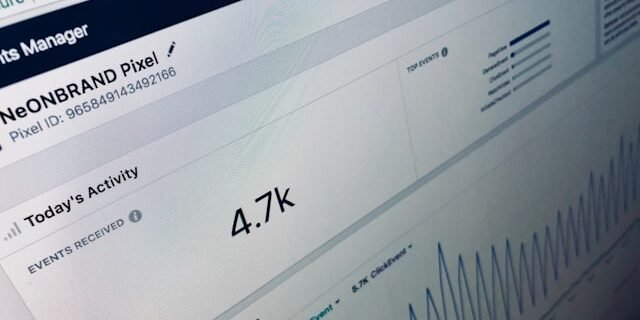
Emerging Trends and Technologies
Several key trends and advancements are expected to shape the future of AI in marketing:
- Generative AI and Natural Language Processing: These technologies will enable more personalized and engaging content creation, improving communication strategies.
- Voice Search Optimization and Conversational AI: With the rise of voice assistants, marketers will need to optimize for voice search and develop conversational interfaces for more natural interactions.
- Revolutionizing Content Creation, SEO, and CRM: AI has the potential to revolutionize content creation, SEO, and customer relationship management by automating tasks and enhancing customer experiences.
The Ongoing AI Evolution in Marketing
AI continues to reshape marketing in unprecedented ways, driving efficiency, precision, and personalization. While challenges persist, the benefits of AI are undeniable. Marketers who embrace AI will find themselves at the forefront of this ongoing revolution, equipped with the tools to lead their industries with data-driven insights, tailored experiences, and automated processes.
FAQs
-
What is AI marketing?
AI marketing uses artificial intelligence technologies to automate and optimize marketing tasks, analyze customer behavior, and personalize experiences.
-
How does AI improve customer engagement?
AI enhances engagement by providing personalized recommendations, responding instantly via chatbots, and predicting customer needs through data analysis.
-
Are there any risks associated with using AI in marketing?
Yes, some risks include data privacy concerns, potential bias in AI algorithms, and over-reliance on automation.
-
How can small businesses adopt AI for marketing?
Small businesses can start with affordable AI tools like automated email marketing platforms, social media schedulers, and customer service chatbots.




